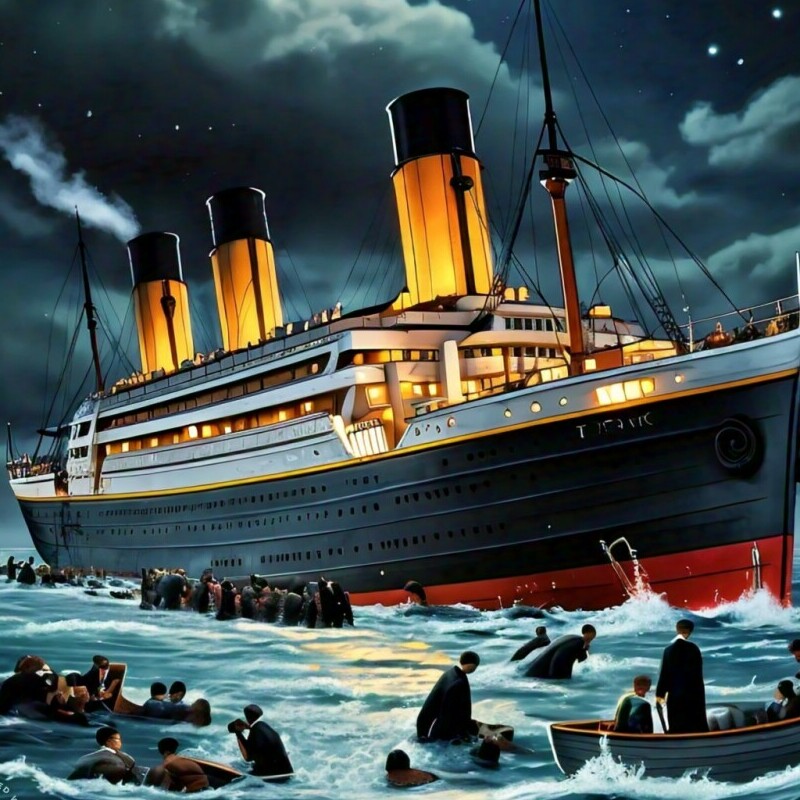
CHAPTER 22
When I explore ‘The Creature from Jekyll Island’ by G. Edward Griffin, I’m not just leafing through another book; I’m decoding a narrative that has significantly influenced perceptions of the Federal Reserve and the whole U.S. banking system. Particularly Chapter 22, a focal point for many readers, is where a vivid picture is painted of how Congress, seemingly, was ‘swallowed’ by this enigmatic entity.
The chapter in question lays out a tangled web of events and connections, drawing its own conclusions about the origins and motivations behind the establishment of the Federal Reserve. To understand the book’s viewpoint, I delve into various claims Griffin makes—specifically ones linking the Federal Reserve’s creation to a series of conspiracies involving the highest echelons of American finance.
Adding depth to our understanding, the historical context is crucial. The country was navigating through tumultuous financial waters during the time the Federal Reserve was conceptualized. I’ll aim to shed light on this era, painting a clearer picture of the circumstances leading to the central bank’s birth, and presenting facts while leaving room for readers to form their own opinions.
One cannot separate the story of the Federal Reserve from the public figures and financiers who were central to its founding. It’s essential to scrutinize the roles of these individuals without defaulting to hyperbole or unsupported allegations. By evaluating evidence and varied perspectives, I emphasize accuracy and offer a balanced look at how these leaders influenced the fiscal landscape of the country.
Griffin’s book is often considered by critics as a fountain of conspiracy theories. Given this, I examine each claim with a skeptic’s eye, ensuring that what I bring forward is supported by credible sources of information. I assure you that the intention here is truthfulness and providing a clear, undisguised snapshot of the intricate dance between power and policy as portrayed in ‘The Creature from Jekyll Island’.
Titanic Tragedies and Financial Tycoons: Deciphering Truth from Myth

In the labyrinth of history, individual events can often take on meanings far beyond their immediate impact. The sinking of the Titanic is one such event that reverberates with tales of tragedy and conspiracy. Central to these stories is the unfortunate demise of one of the wealthiest individuals of the time, along with the curious case of banking mogul J.P. Morgan’s missed voyage.
Detailed records confirm the death of millionaire businessman John Jacob Astor IV, who was indeed among the wealthiest men of his era, on that ill-fated ship. This event stands as a stark reminder that wealth is not a shield against the caprices of fate. Moreover, it underlines the human element in historical events, which is often overshadowed by their monumental nature.
Turning to J.P. Morgan, it is a fact that he canceled his Titanic trip. However, to deduce from this that more nefarious plans were at work would require evidence beyond mere coincidence. It is in examining such facts critically, without succumbing to the seductive appeal of conspiracy, that lies the value of honest inquiry. It is important to approach history with a critical eye, acknowledging that while narratives can become convoluted, the truth is often more straightforward.
These individual stories of the Titanic’s passengers weave into the a0broader tapestry of early 20th-century history, touching upon themes of industry, fortune, and the human condition. While it’s true that these occurrences provide a backdrop of intrigue to ‘The Creature from Jekyll Island’ and its examination of the Federal Reserve, they should be seen as color to the narrative, not as evidence of a grand design.
In conclusion, while the intricacies surrounding ‘The Creature from Jekyll Island’ and the associated historical anecdotes are compelling, they serve best as starting points for research and reflection rather than conclusions. Through rigorous exploration and understanding of the facts, one can appreciate the complexities of history without losing sight of reality. Truth may often be less sensational than fiction, but it is no less fascinating.
Chapter 21 Competition Is A Sin
Chapter 23 The Great Duck Dinner
